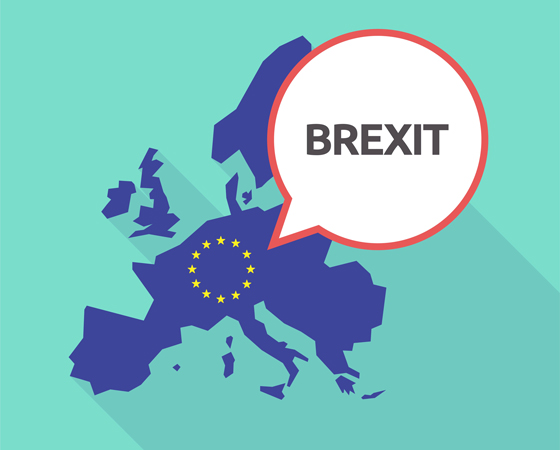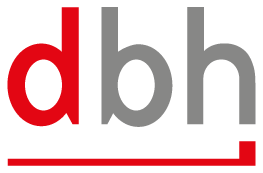Brexit white paper
Brexit scenario:
Norway model – EFTA and EEA status
 EFTA (European Free Trade Association) is a free trade area and was originally established as a “counterweight” to the EEC (a forerunner of the EU). Current members are Iceland, Liechtenstein, Norway and Switzerland. Thus, in addition to various facilitations such as the free movement of persons, trade in services, capital movements and various protection interests, the free movement of goods, including tariff and tariff advantages, has been defined as the core of the free movement of goods. Britain was one of the early founding members of EFTA until accession to the EC/EU.
EFTA (European Free Trade Association) is a free trade area and was originally established as a “counterweight” to the EEC (a forerunner of the EU). Current members are Iceland, Liechtenstein, Norway and Switzerland. Thus, in addition to various facilitations such as the free movement of persons, trade in services, capital movements and various protection interests, the free movement of goods, including tariff and tariff advantages, has been defined as the core of the free movement of goods. Britain was one of the early founding members of EFTA until accession to the EC/EU.
The objective from the economic and customs point of view: to reduce internal tariffs and other barriers to trade between Member States; extension of cross-border trade in goods.
If the EFTA is combined with the EEA (European Economic Area), the provisions of the EU’s internal market will be extended to the parties to EFTA. However, one of the exceptions is the area of a customs union, but it still means the abolition of customs duties.
Norway model for Brexit: solution with EFTA with EEA
How is the SOLUTION approach EFTA (Norway model) to be assessed in relation to Brexit and the customs processes?
- Great Britain (UK) is the same as a third country
- Customs declarations necessary for export to UK and imports to EU or vice versa
- Observe customs duties
- possible cost issue, but not likely due to EEA cost increase
- Origin determination
- no longer an EU origin
- Future use EUR.1 or declaration of origin on the invoice instead of supplier declaration
- Origin of customs duties
- No more 42 procedures
- Only authorisation not possible
- Customs value
- Conversion rate Pound
- Transit procedure must be adapted
- T2 possible
- Excise duties
- Switching processes
- Delivery under tax suspension so no longer possible: is to be reorganized
- AEO (Authorized Economic Operator)?
- mutual recognition
- Agricultural products are excluded (also among themselves in EFTA)
- Flows of goods of third-country goods with the UK or Goods from UK
- RE-evaluate ZOLLLAGERVERFAHREN!


